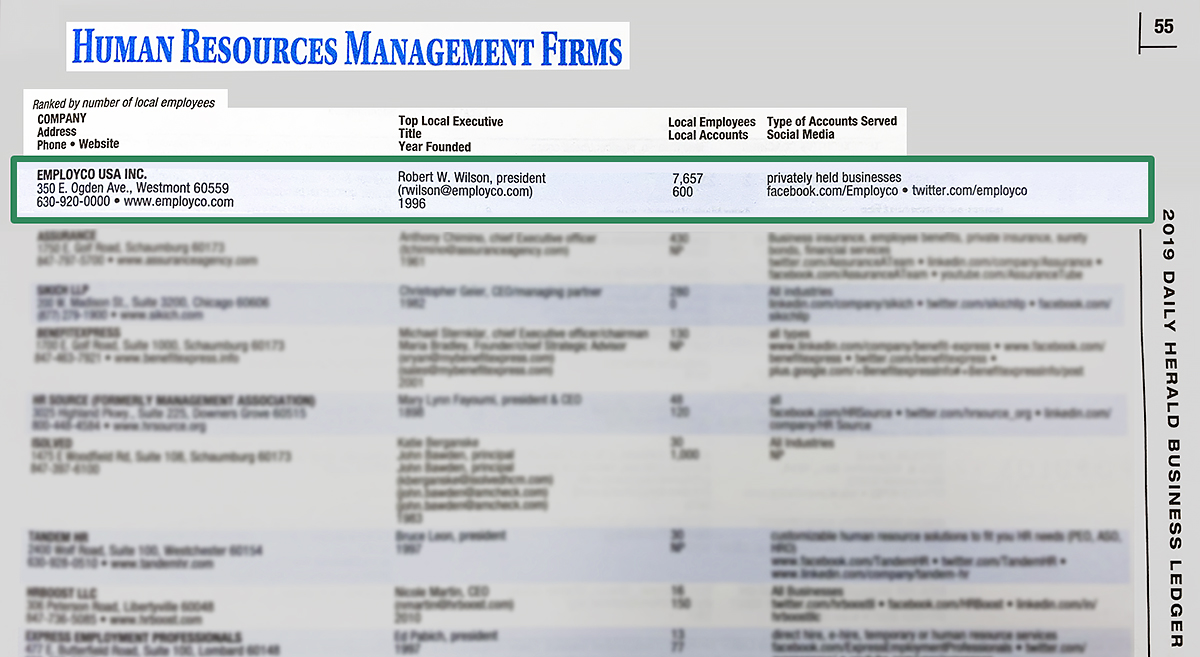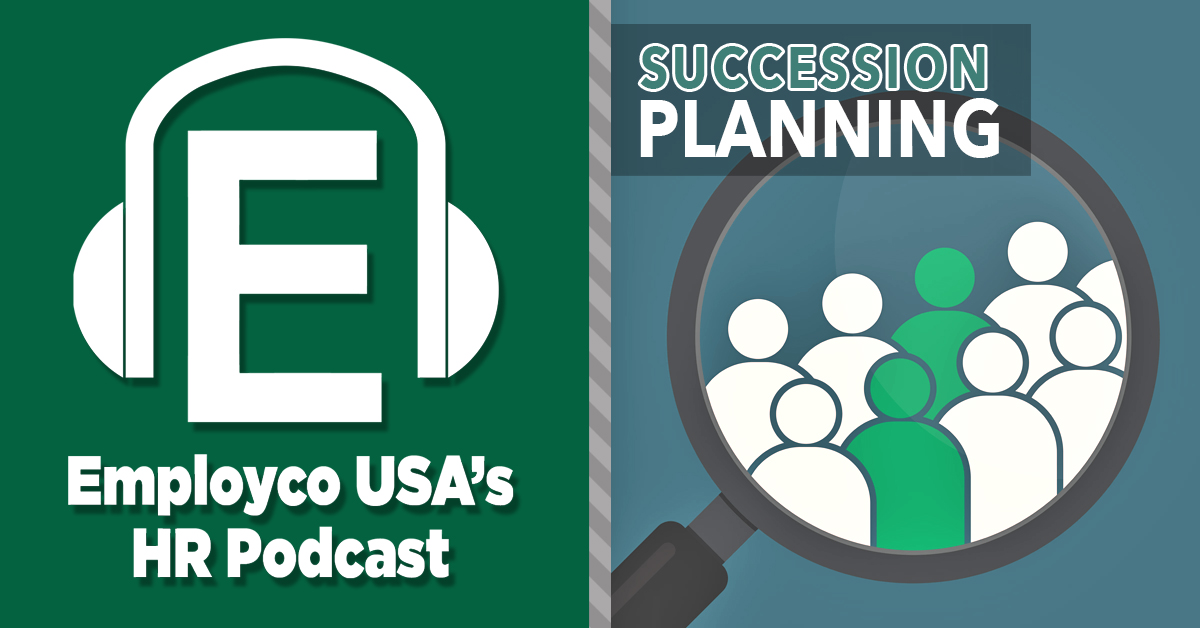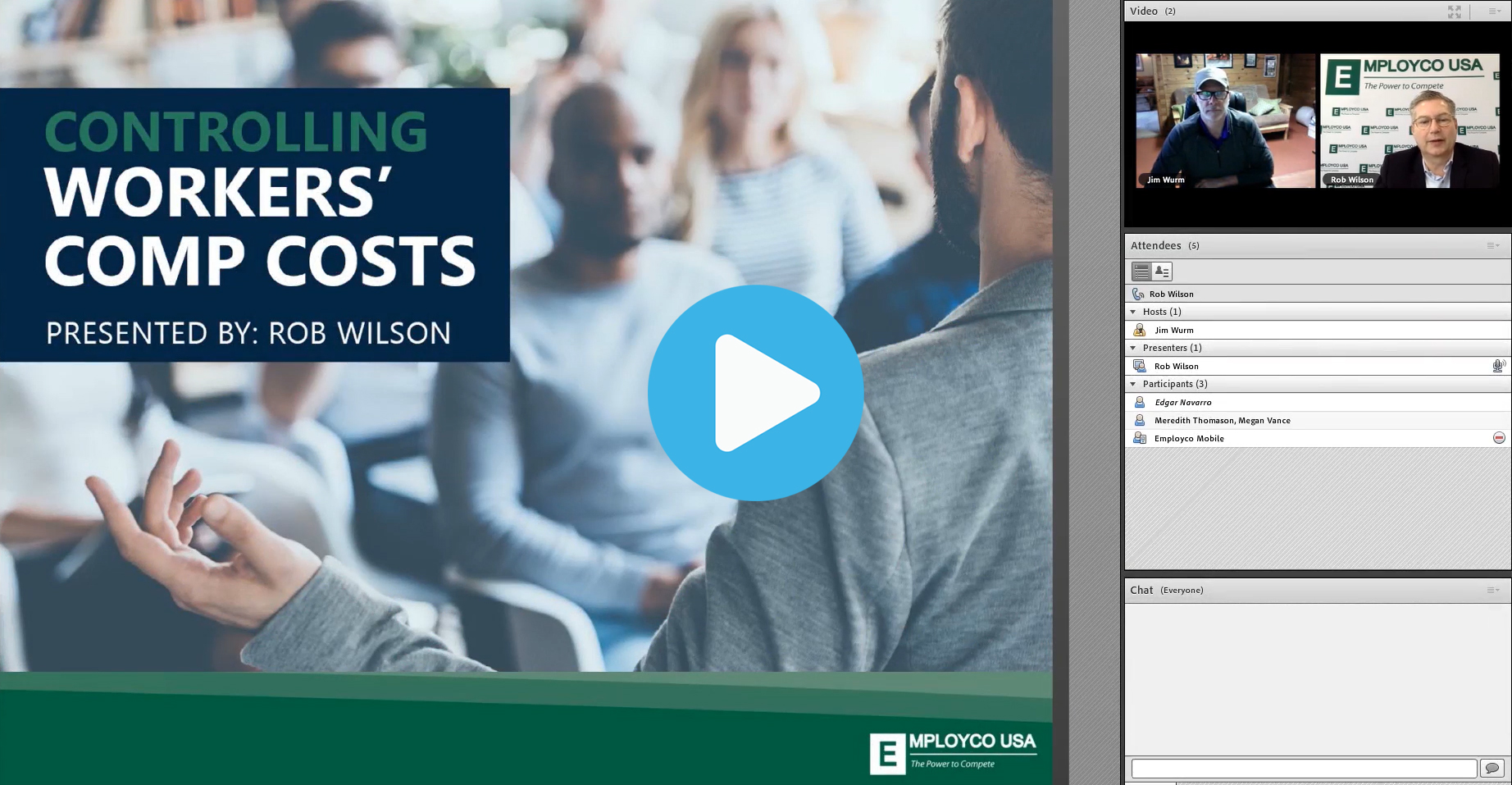Employment expert discusses pending family leave proposals
 Many large employers are starting to consider offering their employees paid family leave, but currently only 17% of workers have access to paid leave. Senator Marco Rubio (R-Florida) is seeking to ease this burden on American families by co-sponsoring a bill which would allow new parents to borrow from their Social Security benefits in order to take time off work.
Many large employers are starting to consider offering their employees paid family leave, but currently only 17% of workers have access to paid leave. Senator Marco Rubio (R-Florida) is seeking to ease this burden on American families by co-sponsoring a bill which would allow new parents to borrow from their Social Security benefits in order to take time off work.
“Paid family leave has stalled in Congress for years, despite the fact that surveys show that most Americans widely support paid family leave for mothers and even fathers,” says Rob Wilson, employment expert and President of Employco USA, a national employment-solutions firm with clients across the country.
Rubio’s bill would allow new moms and dads to borrow against their Social Security for up to 3 months of retirement benefits, whether they adopted or birthed a child.
“Rubio’s plan would not put any additional burden on taxpayers, and it has received support from both sides of the aisle,” says Wilson, “But it has not gone without criticism. Since the Social Security system is already so overburdened, many Americans fear that this is a plan that will fall apart quickly.”
President Trump has also stated that he supports paid family leave, and promised his 2020 fiscal plan would include up to 6 weeks of paid leave for new parents as well as improved childcare programs.

 Important changes are afoot for the Employer Information Report EEO-1 (EEO-1 Report). Employers with 100 employees or more must file this report each year, but this year the EEO-1 will be more complicated than in the past.
Important changes are afoot for the Employer Information Report EEO-1 (EEO-1 Report). Employers with 100 employees or more must file this report each year, but this year the EEO-1 will be more complicated than in the past. Phishing scams cost the United States half a billion dollars each year. From direct deposit scams to fraudulent PDF files, there has been a shocking rise in these email phishing scams. Indeed, Microsoft’s Security team reports that these malicious phishing emails have increased by a whopping 250 percent.
Phishing scams cost the United States half a billion dollars each year. From direct deposit scams to fraudulent PDF files, there has been a shocking rise in these email phishing scams. Indeed, Microsoft’s Security team reports that these malicious phishing emails have increased by a whopping 250 percent.

 Research shows that most business owners are not as concerned with succession planning as they should be. Only a small minority of businesses have a succession plan for when their CEOs retire or switch companies, and this can be a very costly mistake.
Research shows that most business owners are not as concerned with succession planning as they should be. Only a small minority of businesses have a succession plan for when their CEOs retire or switch companies, and this can be a very costly mistake. A recent survey found that two-thirds of organizations feel that their performance reviews are not effective. Described as ‘subjective and highly ambiguous,’ performance reviews can be a very impactful tool when used appropriately, but as this research shows, most companies say that they are falling short of the mark.
A recent survey found that two-thirds of organizations feel that their performance reviews are not effective. Described as ‘subjective and highly ambiguous,’ performance reviews can be a very impactful tool when used appropriately, but as this research shows, most companies say that they are falling short of the mark. Last week the House Oversight and Reform Committee passed a bill which would effectively “ban the box” that would keep federal agencies and contractors from asking potential employees’ about their past criminal history, until after these applicants had been offered a conditional employment offer.
Last week the House Oversight and Reform Committee passed a bill which would effectively “ban the box” that would keep federal agencies and contractors from asking potential employees’ about their past criminal history, until after these applicants had been offered a conditional employment offer. Two-thirds of Americans have smartphones, and nearly half of us use our phones for work purposes. That number is only continuing to increase, and 95 percent of organizations allow employees to use their phones for business tasks.
Two-thirds of Americans have smartphones, and nearly half of us use our phones for work purposes. That number is only continuing to increase, and 95 percent of organizations allow employees to use their phones for business tasks.